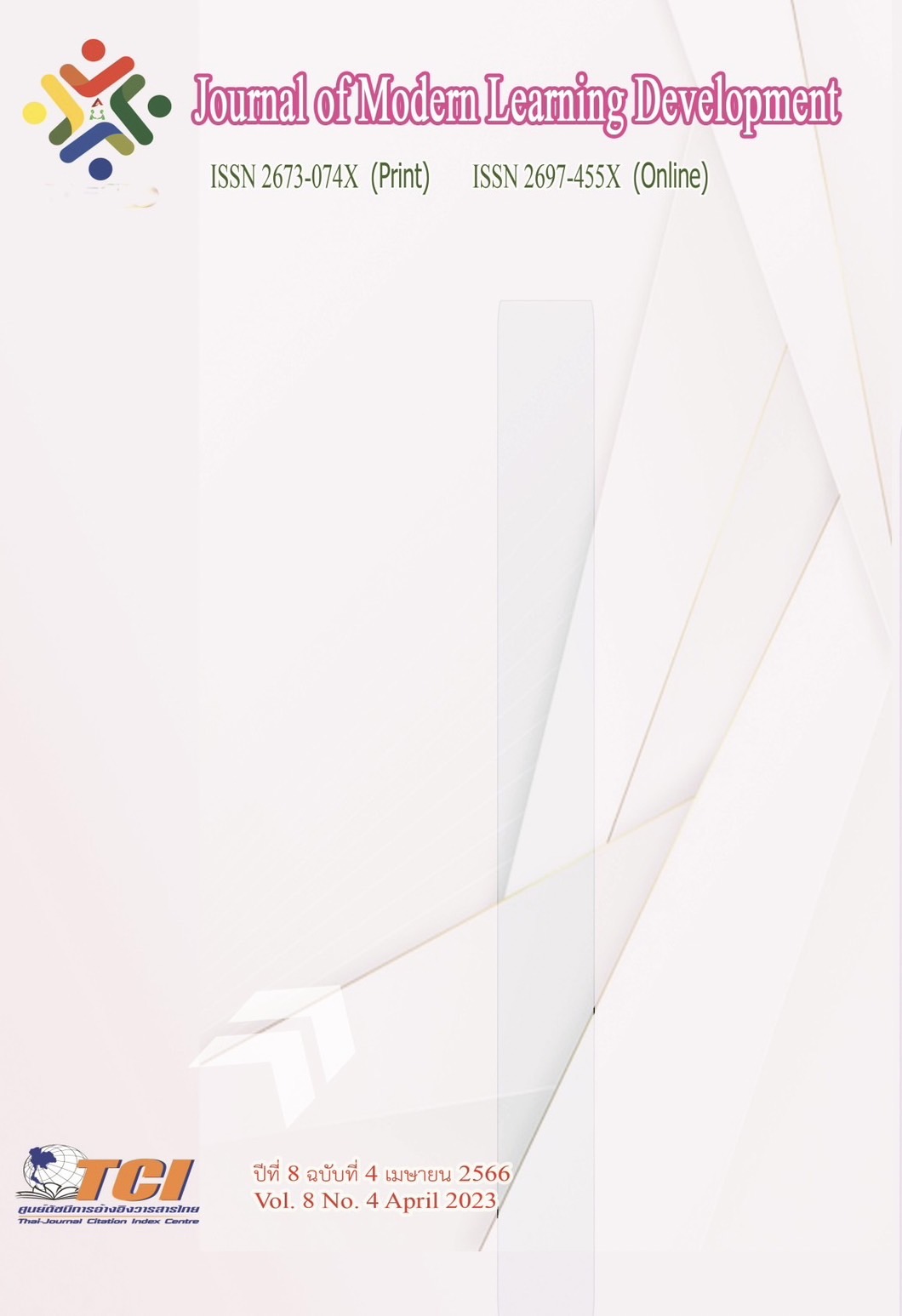The Local Promotion and Development under Driving the Development of Thailand 4.0
Main Article Content
Abstract
The paradigm of national development under "Thailand 4.0" is another policy that lays the foundation for long-term national development as a starting point to drive towards a prosperous, stable and sustainable country in accordance with the government's vision. The objective of this journal was to study the principle, process or guidelines for the local promotion and development under driving the development of Thailand 4.0. It was found that Thailand 4.0 was the policy that applied the technology and innovation for the organization and the public services or the people service. These made the organization could reduce the resource use and the method and time in the people service. The people could approach the public services thoroughly and rapidly. However, the application of the technology and innovation for the organization and the public services or the people service in accordance with the policies of Thailand 4.0, the local had to develop and promote themselves with the digital system, make the learning, create the innovations, search for the collaboration to stimulate the local economy, hold on the good governance for the happiness of the organization, respond to the demand of the people stably, prosperously and sustainably in the principles of Thailand 4.0
Article Details
References
กรมส่งเสริมการปกครองส่วนท้องถิ่น. (2560). ยุทธศาสตร์กรมส่งเสริมการปกครองท้องถิ่น พ.ศ. 2560 – 2569. กรุงเทพมหานคร: กระทรวงมหาดไทย.
กอบกุล รายะนาครและคณะ. (2555). การปฏิรูปกฎหมายเพื่อส่งเสริมประสิทธิภาพและนวัตกรรมการบริหารจัดการทรัพยากรธรรมชาติขององค์กรปกครองส่วนท้องถิ่น. เชียงใหม่ : สถาบันศึกษานโยบายสาธารณะ มหาวิทยาลัยเชียงใหม่.
มิ่งสรรพ์ ขาวสะอาด, อัครพงศ์ อั้นทอง และรังสรรค์ ธนะพรพันธุ์. (2555). บทวิจารณ์รัฐธรรมนูญการกระจายอำนาจ และการมีส่วนร่วมของประชาชน.กรุงเทพมหานคร : สถาบันศึกษานโยบายสาธารณะ มหาวิทยาลัยเชียงใหม่.
วุฒิสาร ตันไชย. (2562). การกระจายภารกิจหน้าที่ไปสู่องค์กรปกครองส่วนท้องถิ่นยุคใหม่.ออนไลน์. ดึงข้อมูลเมื่อ18 ตุลาคม 2565. จาก http://www.local.moi.go.th/webst/botfam1.html.
สุรัชพงศ์ สิกขาบัณฑิต. (2561). นโยบายประเทศไทย 4.0 : โอกาส อุปสรรค และผลประโยชน์ของไทยในภูมิภาคอาเซียน. ออนไลน์. ดึงข้อมูลเมื่อ 18 ตุลาคม 2565 จากfile:///C:/Users/HP/Desktop/% E0%B8%9A%E0%B8%97%E0%B8%84%E0%B8%A7%E0%B8%B2%E0%B8%A1/article_20180302144136.pdf.
สุวิทย์ เมษอินทรี. (2559). ไขรหัส “ประเทศไทย 4.0”สร้างเศรษฐกิจใหม่ก้าวข้ามกับดักรายได้ปานกลาง.ออนไลน์. ดึงข้อมูลเมื่อ18 ตุลาคม 2565. จากhttp://www.thairath.co.th/content/613903.
อภิชาต สถิตนิรามัย. (2555). ที่มาและความเป็นอิสระของคณะกรรมการการกระจายอานาจ. ให้แก่องค์กรปกครองส่วนท้องถิ่น.กรุงเทพมหานคร : เดือนตุลา.
อารดา ฉิมมากูร และกฤตสุชิน พลเสน. (2561). การพัฒนาประเทศไทย 4.0 ด้วยหลักไตรสิกขา. วารสารปรัชญาปริทรรศน์. 23 (2), 57-65.


